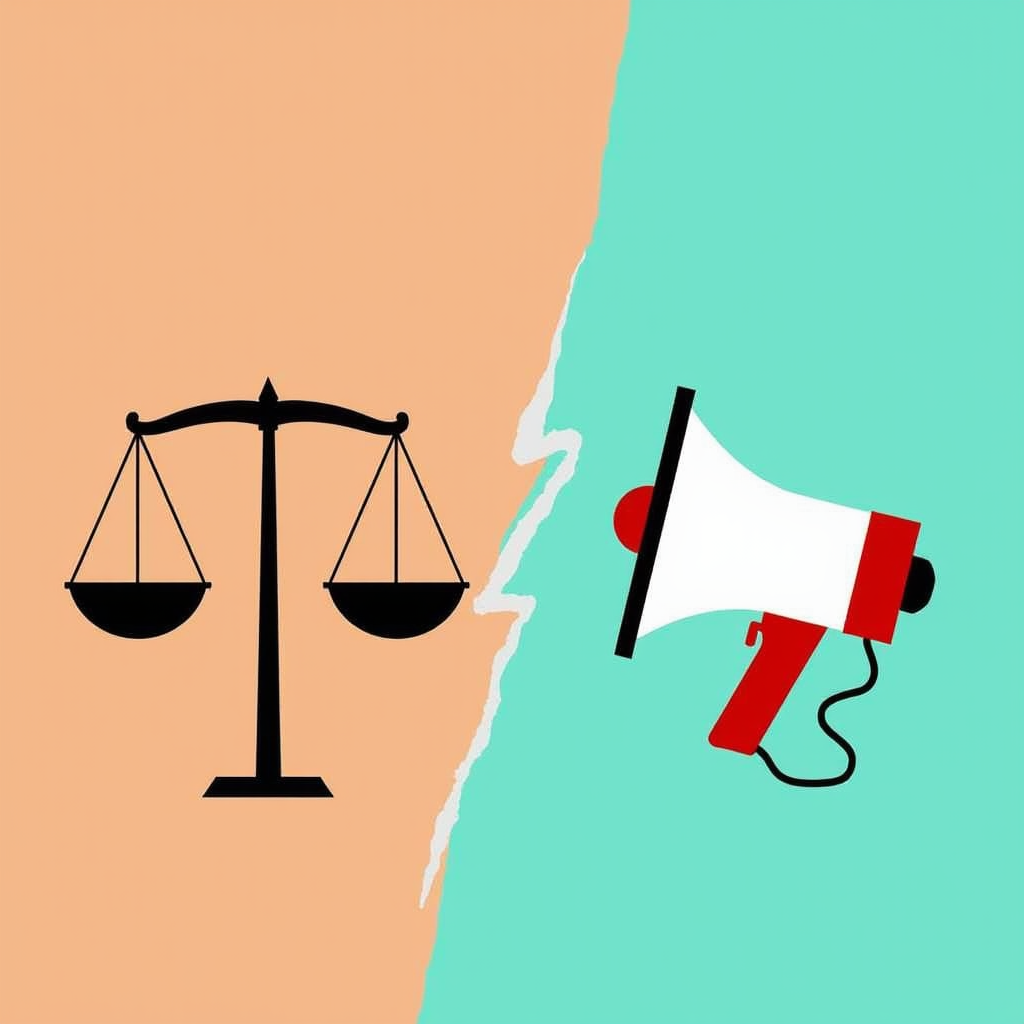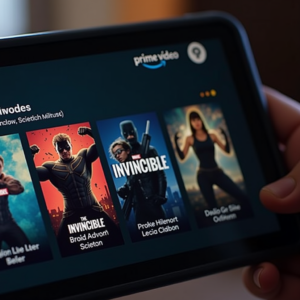As crowdfunding platforms grapple with a high-profile case, the lines between justice and narrative become increasingly blurred, sparking intense debates and raising profound questions about due process, free speech, and the power of online narratives.

The Controversial Crowdfunding Case
In a move that has ignited fierce controversy, GoFundMe, one of the internet’s most popular crowdfunding platforms, has taken a firm stance by removing any campaign in support of Luigi Mangione, the man alleged to have shot and killed the CEO of UnitedHealthcare. Meanwhile, a Christian alternative platform, GiveSendGo, has boldly featured one such fundraiser on its front page, further fueling the divisive debate.

Platforms Divided on Moderation
While GoFundMe has refunded donors who contributed to the Mangione campaigns, citing a violation of their terms of service prohibiting fundraisers for the legal defense of violent crimes, GiveSendGo has embraced a more hands-off approach. The platform, which markets itself as a Christian crowdfunding site, has gained notoriety for hosting far-right fundraising campaigns, including those supporting Kyle Rittenhouse’s legal defense and the 2022 anti-vaccine Canadian trucker convoy.

The Manifesto’s Ripples Online
Mangione’s alleged actions have sparked a groundswell of online support, with some progressive critics of the healthcare industry expressing unexpected solidarity, even as his own online presence revealed a more nuanced identity. Platforms like Reddit have removed his account and posts linking to his manifesto, while Meta has taken down profiles connected to him. However, others, like X, have reinstated and verified his account, a move that has become increasingly common among tech companies favoring a more hands-off moderation policy.

A Groundswell of Unexpected Support?
The GiveSendGo fundraiser, organized by the December 4th Legal Committee, has accumulated funds through thousands of anonymous donors, with many messages of support and personal anecdotes accompanying the donations. Some even go so far as to call Mangione a ‘hero.’ This unexpected groundswell of support has raised eyebrows and sparked intense debates about the boundaries of free speech, due process, and the power of online narratives.

Navigating Legal Defense Dilemmas
While the December 4th Legal Committee claims to have sent Mangione a letter describing the fund and messages of support, his attorney has stated in a CNN interview that Mangione is unlikely to accept unsolicited offers of funding. This highlights the complex legal and ethical dilemmas surrounding such cases, as well as the potential for online narratives to shape public perception and influence the course of justice.

The Blurred Lines of Justice and Narrative
GiveSendGo’s CEO, Jacob Wells, has defended the platform’s decision to host the Mangione fundraiser, stating that it proves the platform is more than its reputation and that every person is entitled to due process and a strong legal defense, regardless of the narrative surrounding their case. This stance has reignited debates about the role of crowdfunding platforms in shaping public discourse and the potential consequences of amplifying certain narratives.

Unanswered Questions Linger…
As the saga continues to unfold, a myriad of unanswered questions linger. How will the online narratives surrounding Mangione’s case influence public perception and the legal proceedings? Will platforms like GiveSendGo continue to embrace a hands-off approach, or will they face increasing pressure to moderate content more actively? And perhaps most crucially, what are the broader implications of this case for the delicate balance between free speech, due process, and the power of online narratives?

The Saga Continues: Key Insights Ahead
As the dust settles, one thing is certain: this controversial case has ignited a firestorm of debate and raised profound questions about the role of crowdfunding platforms, online narratives, and the boundaries of free speech and due process. Stay tuned for further insights and analysis as this saga continues to unfold, shedding light on the complex interplay between technology, justice, and the power of narratives in the digital age.

















+ There are no comments
Add yours